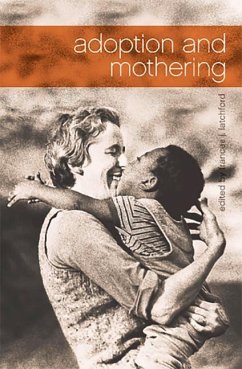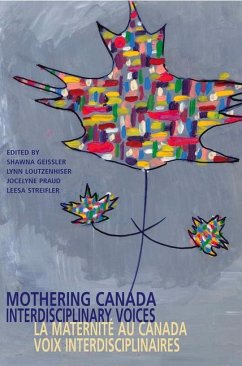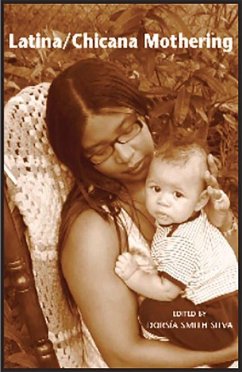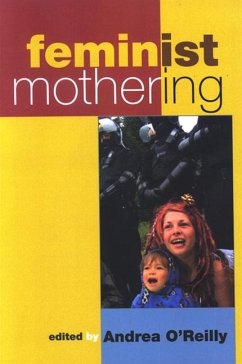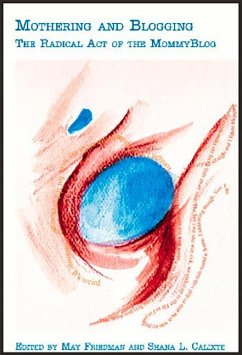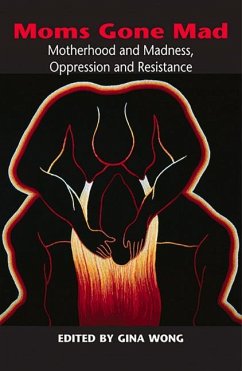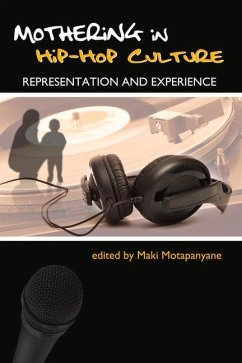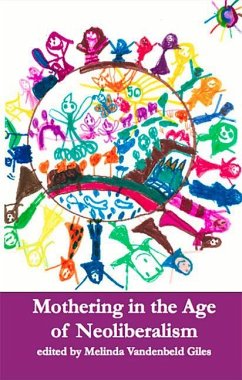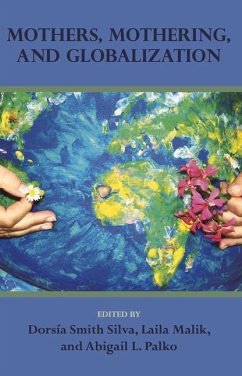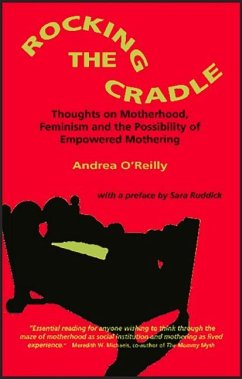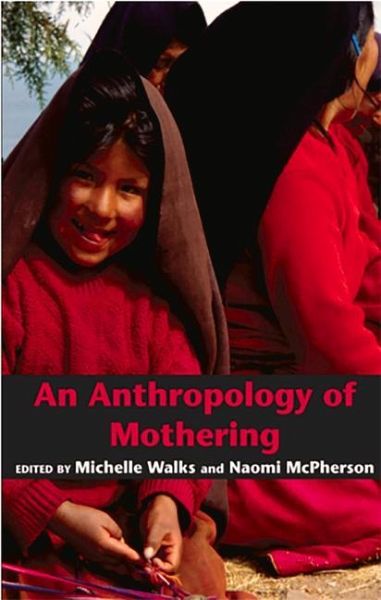
An Anthropology of Mothering
Versandkostenfrei!
Versandfertig in über 4 Wochen
25,99 €
inkl. MwSt.

PAYBACK Punkte
13 °P sammeln!
In anthropology, cross-cultural research is fundamental. In relation to ?mothering, ? cross-cultural research becomes enlightening, not only to understand the practices of so-called Others, but also to understanding ourselves. The Anthropology of Mothering has developed fairly unnoticed until the last couple of years, when an increase of research, attention, and respect has suddenly appeared. Geographically, this anthology focuses on places and populations from Canada, the United States, Central and South America, the South Pacific, Australia, Asia, the Middle East, Africa, and Europe. The exp...
In anthropology, cross-cultural research is fundamental. In relation to ?mothering, ? cross-cultural research becomes enlightening, not only to understand the practices of so-called Others, but also to understanding ourselves. The Anthropology of Mothering has developed fairly unnoticed until the last couple of years, when an increase of research, attention, and respect has suddenly appeared. Geographically, this anthology focuses on places and populations from Canada, the United States, Central and South America, the South Pacific, Australia, Asia, the Middle East, Africa, and Europe. The experiences and ideas represented within this volume are much more than geographically diverse, as Indigenous and immigrant, rural and urban, religious and secular populations are represented, as well as one chapter focused on primate and hominid mothering. Through the consideration of the experiences of grandmothers, au pairs, biological and adoptive mothers, mothers of soldiers, mothers of children with autism, mothers in the corrections system, among others, it becomes clear that human mothering is neither practiced nor experienced the same the world over ? indeed, even a single definition of what ?mothering? is cannot be formed by the contribu- tors of this anthology. Instead, while ideas of ?good? mothering exist in every culture, the effects of colonialism and migration, as well as different understandings of and relationships to food, religion, and government play prominent among many other factors, includ- ing age, relationship status, and sexuality of mothers themselves, to affect what is understood as ?good? versus ?bad? mothering



